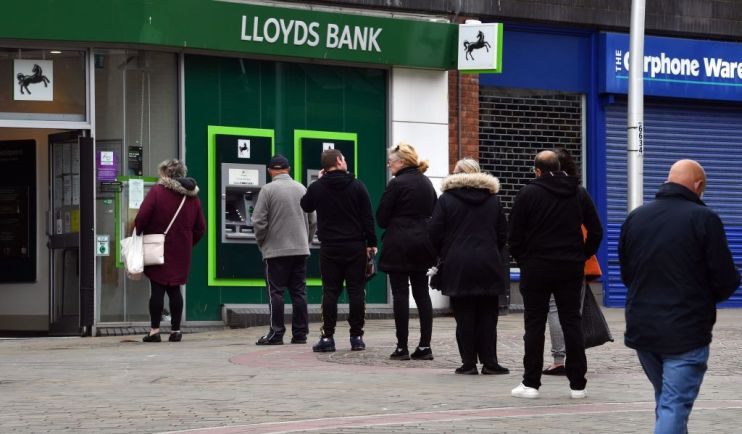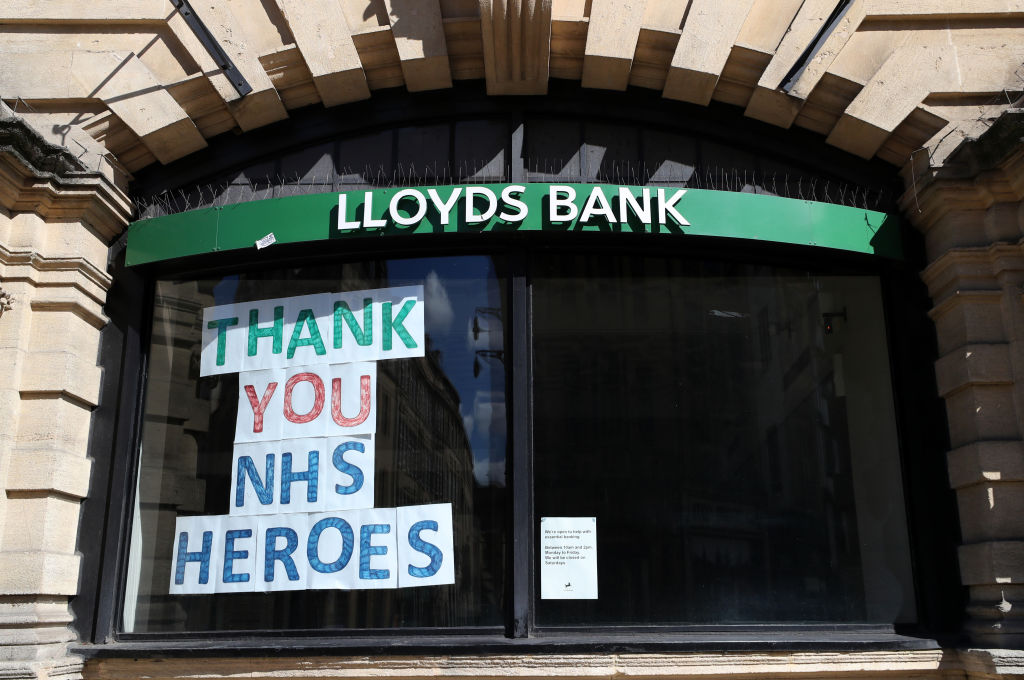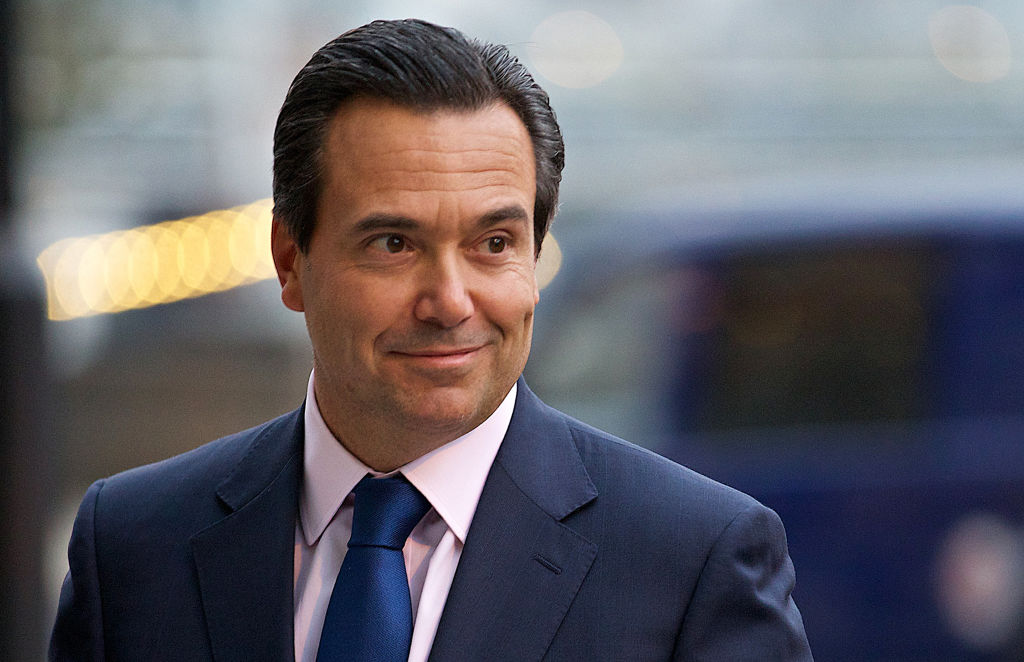Lloyds swings to loss as it sets aside extra £2.4bn for bad loans

UK banking giant Lloyds swung to a £600m pre-tax loss for the first half of the year today as coronavirus cost it an extra £2.4bn.
The provision for loan losses was bigger than the £1.5bn analysts had anticipated. It took total provisions for the first half of the year to £3.8bn.
Read more: Barclays braces for pandemic blow with extra £1.6bn cushion
The lender said the provisions were based on a much gloomier economic forecast than it had previously gone with.
It saw Lloyds’ shares plunge 8.2 per cent to 26p in early trading as the UK economy-exposed bank missed analyst expectations.
The figures
Lloyds took a rare pre-tax loss of £602m in the six months to 30 June. That was down from a profit of £2.9bn in the same period a year earlier.
It posted a statutory profit after tax of £19m, however, due to tax credits resulting from its losses and changes to the UK tax system.
That resulted in a loss per share of 0.3p, down from earnings per share of 2.7p in the first six months of 2019.
Like all UK banks Lloyds is not paying a dividend until further notice following pressure from the Bank of England. It said that “no shareholder distributions will be undertaken in 2020”.
Lloyds’ net interest income fell 11 per cent to £5.48bn, partly reflecting the Bank of England’s move to slash interest rates to record lows.
Read more: Bank of England could extend bank dividends suspension
Its return on tangible equity, a measure of its profitability, plunged to just 0.1 per cent – a drop of 11.4 percentage points compared to the same period last year.
But the bank improved its capital CET1 ratio – a key measure of financial resilience. It rose 0.6 percentage points year on year to 14.6 per cent.
Why it’s interesting
Lloyds is particularly exposed to the state of the UK economy, and its shares have halved since the February stock market collapse.
It has now lent more than £9bn through various UK government-backed coronavirus schemes. And it foresees people and companies have big difficulties in paying back some loans.
Lloyds increased its provisions for bad mortgages, saying it was basing its impairments forecast on some gloomy economic predictions.
Its base case expects unemployment to top nine per cent in the final quarter of the year.

Its loan loss provisions came in even higher than Barclays’ £1.6bn yesterday.
Barclays relied on its investment banking arm to maintain a profit. But Lloyds had no such fortune and saw shares sink in early trading.
Read more: Lloyds chief executive to step down next year
Shore Capital today said the British bank had “fallen well short of consensus expectations”.
The results came as the bank looks for a new chief executive to help it navigate the fallout from coronavirus. Current CEO Antonio Horta-Osorio said he would step down next year after 10 years at the helm.
What Lloyds said
Lloyds’s results said that there have been early signs of recovery in the group’s core markets. In particular in the consumer spending and the housing market.
But it added: “The outlook remains highly uncertain and the impact of lower rates and economic fragility will continue for at least the rest of the year.”
It said total impairments this year are expected to be between £4.5bn and £5.5bn as a result of coronavirus.
Chief executive Horta-Osorio said: “The impact of the coronavirus pandemic in the first half of 2020 has been profound on the way we live our lives and on the global economy.”
Read more: Treasury tells banks to lend more after EU state aid rules change
“Although the outlook is uncertain, the group’s financial strength and business model allow us to help Britain recover and play our part in returning our country to prosperity.”
He told reporters on a call that he had no current plans for his next move after a decade at the top of Lloyds.

What analysts said
Nicholas Hyett, equity analyst at Hargreaves Lansdown, said: “It’s the core lending business which has been hit hardest by the current crisis.”
“Deteriorating economic conditions have led to a massive increase in bad loan provisions and there’s likely more of that to come. Meanwhile lower Bank of England interest rates are squeezing loan profitability.”
Hyett said the conditions facing Lloyds are “pretty close to the perfect storm”. But he said there are “bright spots” including an early move into digital services and a growing wealth and insurance business.
Richard Hunter, head of markets at Interactive Investor, said: “The wider challenges are exacerbated given the bank’s perceived status as a barometer of the UK economy.”
He said not only is “GDP growth remaining under pressure and the unemployment rate potentially yet to peak”. But “the uncertainty around Brexit negotiations” also poses a threat.
Hunter praised Lloyds for its coronavirus lending. “For this economic downturn [the banks] are aiming to be part of the solution rather than a large part of the problem,” he said.